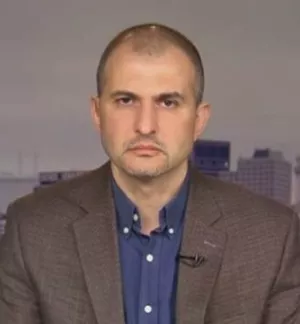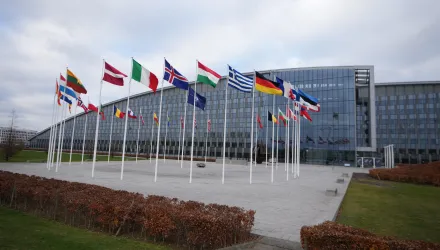Recommendations Based on the U.S.-Russia Joint Threat Assessment
Introduction
In 2011, Harvard’s Belfer Center for Science and International Affairs and the Russian Academy of Sciences’ Institute for U.S. and Canadian Studies published “The U.S. – Russia Joint Threat Assessment on Nuclear Terrorism.” The assessment analyzed the means, motives, and access of would-be nuclear terrorists, and concluded that the threat of nuclear terrorism is urgent and real.
The Washington and Seoul Nuclear Security Summits in 2010 and 2012 established and demonstrated a consensus among political leaders from around the world that nuclear terrorism poses a serious threat to the peace, security, and prosperity of our planet. For any country, a terrorist attack with a nuclear device would be an immediate and catastrophic disaster, and the negative effects would reverberate around the world far beyond the location and moment of the detonation.
Preventing a nuclear terrorist attack requires international cooperation to secure nuclear materials, especially among those states producing nuclear materials and weapons. As the world’s two greatest nuclear powers, the United States and Russia have the greatest experience and capabilities in securing nuclear materials and plants and, therefore, share a special responsibility to lead international efforts to prevent terrorists from seizing such materials and plants.
The depth of convergence between U.S. and Russian vital national interests on the issue of nuclear security is best illustrated by the fact that bilateral cooperation on this issue has continued uninterrupted for more than two decades, even when relations between the two countries occasionally became frosty, as in the aftermath of the August 2008 war in Georgia.
Russia and the United States have strong incentives to forge a close and trusting partnership to prevent nuclear terrorism and have made enormous progress in securing fissile material both at home and in partnership with other countries. However, to meet the evolving threat posed by those individuals intent upon using nuclear weapons for terrorist purposes, the United States and Russia need to deepen and broaden their cooperation.
The 2011 “U.S. - Russia Joint Threat Assessment” offered both specific conclusions about the nature of the threat and general observations about how it might be addressed. This report builds on that foundation and analyzes the existing framework for action, cites gaps and deficiencies, and makes specific recommendations for improvement.
A PDF of the full report is available here:
Bunn, Matthew, Kuznetsov Valentin, Martin B. Malin, Yuri Morozov, Simon Saradzhyan, William H. Tobey, Viktor I. Yesin and Pavel S. Zolotarev. “Steps to Prevent Nuclear Terrorism.” Belfer Center for Science and International Affairs, Harvard Kennedy School, October 2, 2013











